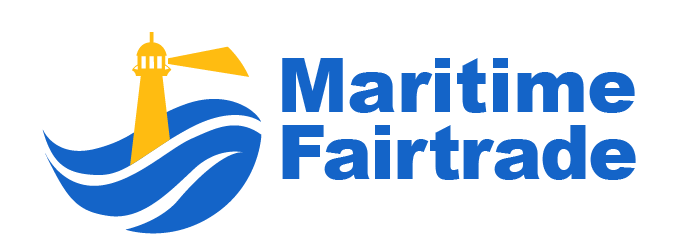As it stands now, COVID-19 has infected hundreds of thousand people globally and caused thousands of death. Some Chinese citizens are comparing their government’s initial delayed response to the outbreak with the Chernobyl disaster. By Lee Kok Leong, executive editor, Maritime Fairtrade
Authoritarian regimes seem to value secrecy, and when face with a crisis, their knee-jerk reaction reverts to a lack of transparency. The Chernobyl disaster, the world’s worst nuclear accident, and COVID-19 outbreak affected millions of people, going well beyond the borders of the country of origin. They occurred in tightly controlled, authoritarian, single-party states, and government officials initially suppressed relevant information from their own citizens as well as from the world.
In a report by Business Insider, Chinese netizens pointed out the similarities between the current outbreak and Chernobyl. Their comments appeared on a Chinese film review website in discussion groups for HBO’s miniseries “Chernobyl”.
Most netizens’ comments drew parallels between the Chinese authorities’ attempts to suppress information about the Wuhan outbreak to the Soviet Union’s attempts to cover up the nuclear accident at the Chernobyl nuclear plant in Ukraine.
While Soviet Union officials delayed evacuation and withheld information about the dangers of the nuclear radiation leaks, Wuhan residents have accused authorities of not warning the public about the potential risks of the coronavirus outbreak. One user even referred to the outbreak as Chernobyl 2020.
Another user said the only thing that can protect citizens from the outbreak is the free flow of information, not technological advances. “What can protect us? Not an aircraft carrier, not landing on the dark side of the moon kind of stuff,” the user wrote. “But it’s the freedom of information, news, and an independent judiciary.”
On the popular Chinese messaging app WeChat, a quote from the HBO show’s protagonist, Valery Legasov, was shared and viewed by hundreds of thousands: “What is the cost of lies? It’s not that we’ll mistake them for the truth. The real danger is that if we hear enough lies, then we no longer recognize the truth at all. What can we do then? What else is left but to abandon even the hope of truth and content ourselves instead with stories? In these stories, it doesn’t matter who the heroes are. All we want to know is: “Who is to blame?”
According to the New York Times, reports have emerged that Chinese authorities may have delayed reporting the outbreak and then downplayed and covered up what they knew. This suggests China’s actions early on may have postponed the global response to a deadly pathogen and allowed it to spread further.
By not moving aggressively to warn the public and medical professionals, the Chinese government lost one of its best chances to keep the disease from becoming an epidemic.










